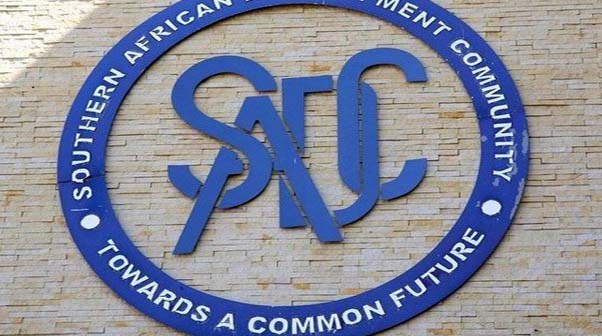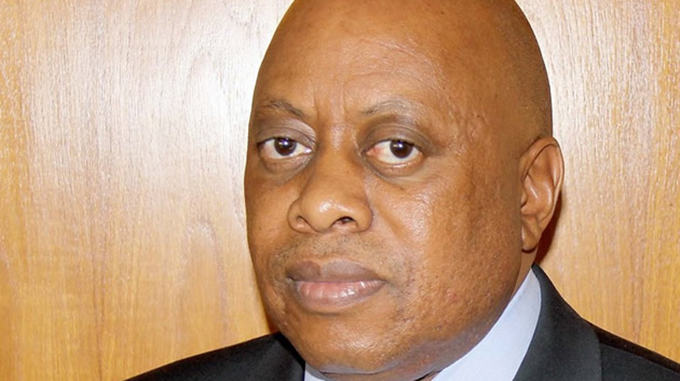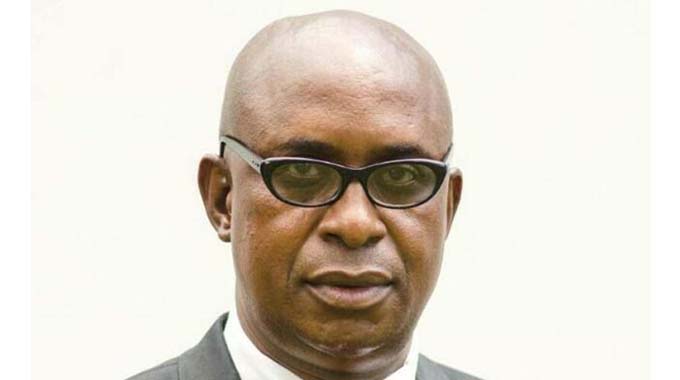EDITORIAL COMMENT : Sadc must walk the talk on disasters

Barely six weeks after the deadly Cyclone Idai pulverised Mozambique, Zimbabwe and Malawi leaving almost 1 000 people dead, another tropical storm, Cyclone Kenneth, last week ravaged Mozambique again, the Comoros Islands and Tanzania.
As of Sunday evening, the Mozambican government described the situation as “critical”, and the rains were “worrying”.
This is scenario is far removed from the weather reports presented towards the end of 2018, where the major worry was the El Niño-induced drought.
As a result, the Southern African Development Community in December 2018 hosted the Regional Disaster Preparedness Planning Workshop “in line with the SADC Regional Disaster Risk Reduction (DRR) Framework, which provides for seasonal disaster preparedness planning at national and regional level to mitigate all forms of disasters in the region which are linked to hydro meteorological factors”.
Maybe, the deadly and costly cyclones were not part of the disaster preparedness, because although the region has experienced severe weather conditions, they have not been as catastrophic as Idai and Kenneth.
The World Bank estimates damage caused by Idai to be over US$2 billion, while experts warn that Kenneth could “dump twice as much rain in northern Mozambique”.
When catastrophic storms such as Idai and Kenneth pound the same region in quick succession, there is every reason for everyone to worry not just at the frequency, but the cost of reconstruction.
We have already noted that individual Sadc member states do not have the capacity to provide not just the humanitarian assistance but to also rebuild the damaged infrastructure.
The international community has therefore rendered major assistance, which we are grateful of.
However, as a region there are critical questions that we should be asking ourselves.
What is the meaning of the fight for Independence, self-determination and sovereignty, if decades after Independence, we look up to former colonial masters for humanitarian assistance?
As we ratified the Paris Agreement on climate change, were we also making preparations for a rainy day?
It is not that the documentation on disaster preparedness is lacking, but what is required now is the political will to ensure that what the SADC bloc agrees on is fully implemented.
One of the documents on the SADC website is quite clear on risk management: “Since 2000, countries in Southern Africa have experienced an increase in the frequency, magnitude and impact of drought and flood events. Climate change is expected to significantly affect the region and increase risks related to water resources, fire, and agriculture and food security …
“Governments and partners in the SADC region need to implement disaster risk management to ensure community safety and protection of economic assets.
“Disaster risk management includes preparedness, mitigation, response, rehabilitation and recovery.
“It is multi-disciplinary, and involves the participation of a multitude of partners and stakeholders, ranging from national governments, non-governmental organisations, International Cooperating Partners, donors, civil society and the private sector,” reads the statement.
But are SADC member states walking the talk, or they have to be weaned from the former colonisers, that are facing other challenges — earthquakes, wildfires, floods, terrorism, etc? Are we also aware of donor fatigue, especially towards African countries?
These are issues we need to critique, even as we tackle current challenges, otherwise we will never grow up.
There is also need to realise that we do not have to reinvent the wheel, the media included.
Information, communication, technologies are major enablers in all disciplines.
Let us use the available information unapologetically to empower the people, as long as it has been verified.










Comments